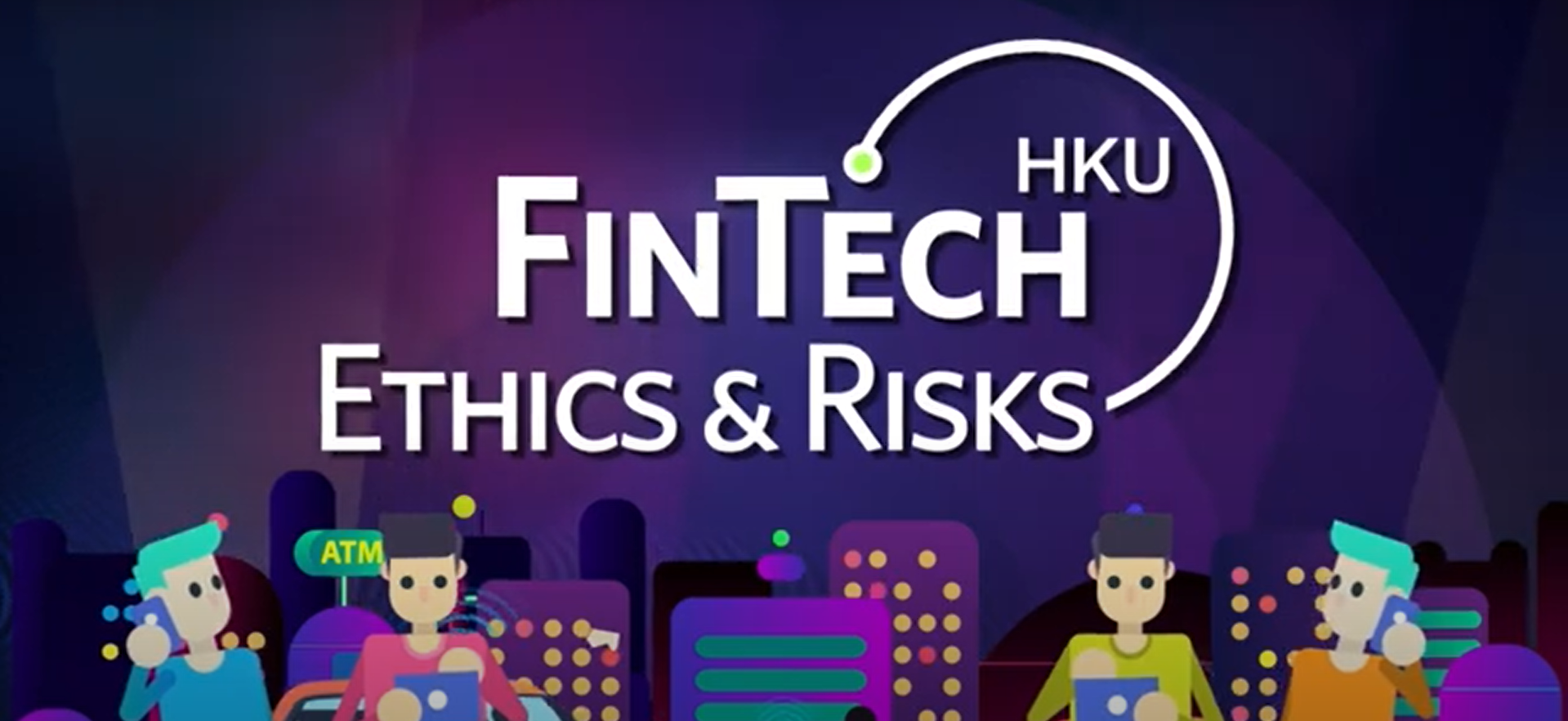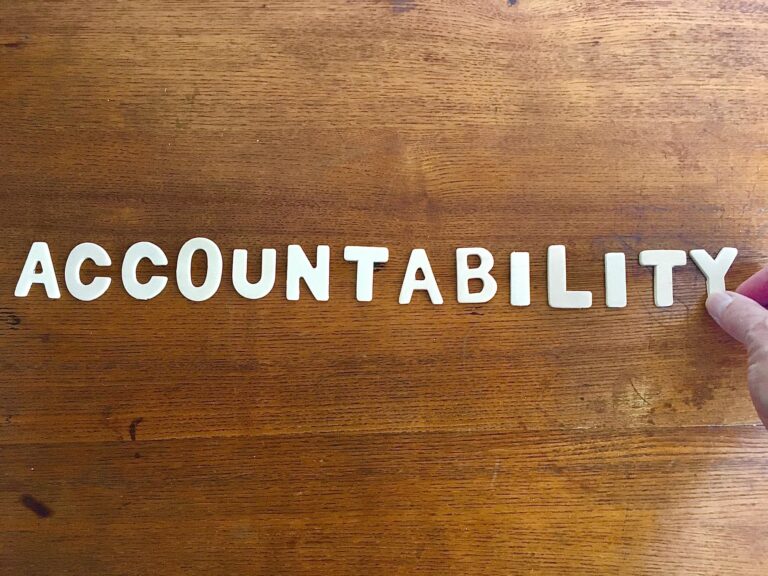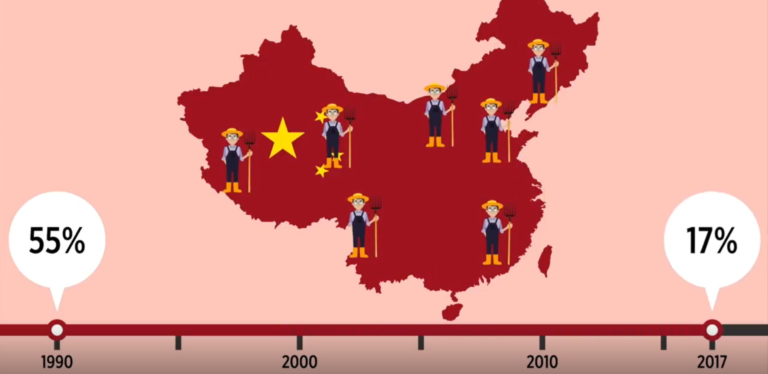Transcript
Thank you for joining this course, FinTech Ethics and Risks. We are excited to embark on this learning journey with you, and we genuinely believe that the principles we will explore together are at the heart of one of the great debates that humanity will need to address in our lifetimes.
Over the last few months, as we have prepared this course, this reality has become even clearer to us.
Advances in technology, especially those related to financial technologies or “FinTech”, are already starting to impact us and will eventually become so pervasive that they will become a core part of our existence. Because of that, we felt compelled to teach this course, in order to collectively consider, with you, key principles and questions about the nature of how we want to manage technological change as it intersects with our lives. In developing new technologies, it is quite clear that perhaps the key focus is whether something can be developed or created, in essence, captured by the question, “Can we do it?” This important question has been an engine that has driven human progress and technological advancement. There is, however, another equally critical question that is usually not asked, which is: “Should we do it?” This question is incredibly important because it forces us to consider the impact of new technologies at their genesis, and not when it’s too late or too difficult to mitigate negative aspects of the technology that were not initially considered.
So at its core, this course is about considering the impact of new technologies, especially FinTech, before they are so mature and embedded that they cannot be managed. To kick off our journey, we will first consider the history of finance and its role in society before moving on to an interesting case study about the financial institution, Wells Fargo. Then we will lay out five key principles that frame the course. These five principles are trust, proximity, accountability, cultural lag, and privacy. And then we will return to each of these principles repeatedly through the rest of the chapters. Lastly, while the nature of ethics sometimes requires an exploration of the dark realities of life, please don’t mistake that for our lack of enthusiasm about the future.
If thoughtfully managed, we believe FinTech is a key to a utopian future where society is more fair, just, and inclusive.
Thank you again for joining this journey. It’s important because we have a collective choice to make about that future.







